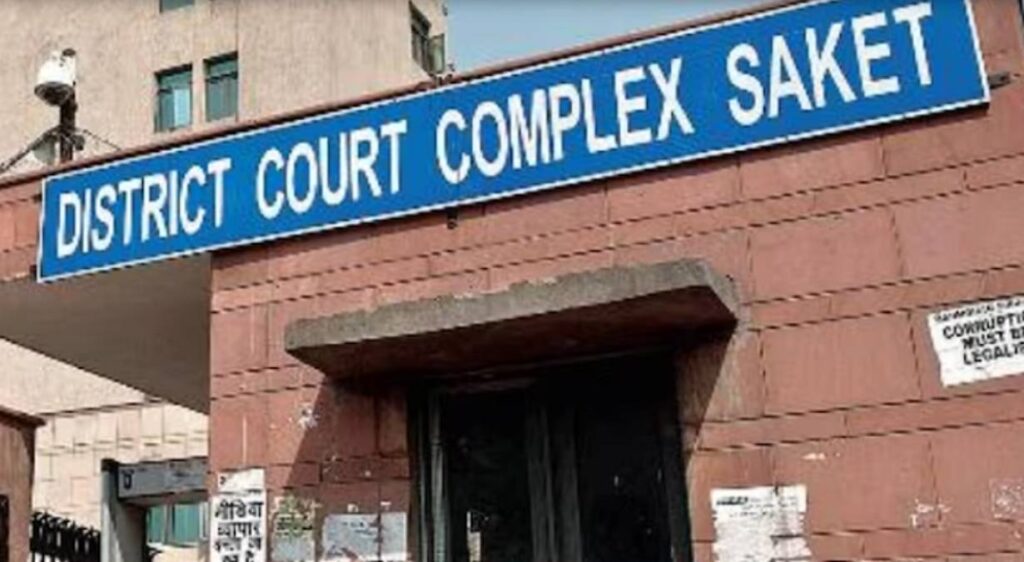Priyanshu
In a significant legal development, the Saket District Court in Delhi has ordered a woman to pay her ex-husband a sum of ₹15 lakhs as compensation for defamation. The landmark judgment underscores the growing recognition of reputational harm and the potential consequences of malicious actions, even within the context of personal relationships.
Key Points of the Case:
- The court found the woman guilty of defamation through libel, primarily based on unchallenged electronic evidence such as emails and chats.
- The defamatory statements were directed not only at the ex-husband but also extended to his family members and even his employer.
- The court highlighted the adverse impact of the defamation on the ex-husband’s professional life and mental well-being, even necessitating medical intervention.
- The judgment serves as a strong deterrent against the misuse of legal processes and the spreading of false information, particularly in the digital age.
The Importance of the Ruling:
The Delhi court’s decision carries significant weight in the legal landscape for several reasons:
- Upholding Reputational Rights: It reinforces the fundamental right to a good reputation, which is crucial for personal and professional well-being. The ruling sends a clear message that harming someone’s reputation through false and malicious statements will not be tolerated.
- Curbing Malicious Litigation: The case also highlights the issue of misuse of legal processes, where individuals may file frivolous lawsuits or make false allegations to harass or intimidate others. The court’s decision acts as a check against such practices.
- Digital Accountability: In an era where communication largely occurs online, the ruling emphasizes the need for responsible digital conduct. It underscores that individuals can be held accountable for defamatory statements made through emails, social media, or other online platforms.
The Delhi court’s ruling is a significant step towards ensuring accountability and justice in cases of defamation. It serves as a reminder that words can have serious consequences and that individuals must exercise caution and responsibility in their communication, both online and offline.
Case Number: CS No.220/2023
Bench: SH. Sunil Beniwal
Click here to access the judgement

